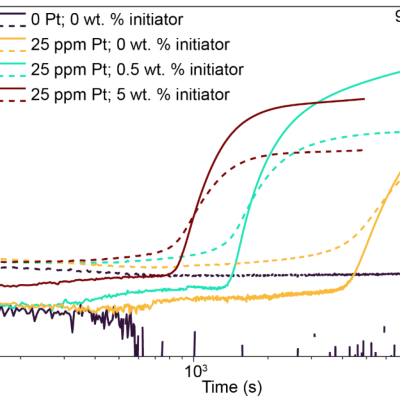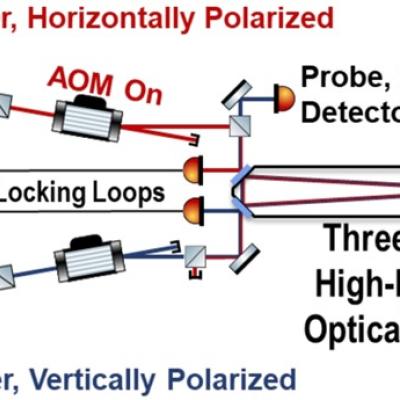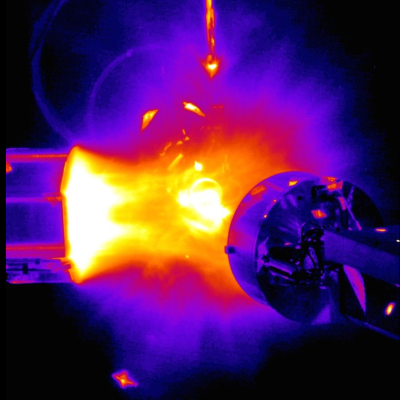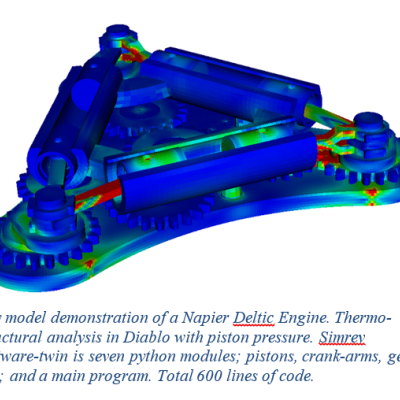LLNL researchers have developed a TDLAS-based, standalone, real-time gas analyzer in a small form-factor for continuous or single-point monitoring. The system can analyze multiple gases with ultra-high sensitivity (ppm detection levels) in harsh conditions when utilizing wavelength-modulation spectroscopy (WMS).
Keywords
- (-) Show all (236)
- Additive Manufacturing (54)
- Instrumentation (41)
- Synthesis and Processing (20)
- Sensors (14)
- Diagnostics (12)
- Imaging Systems (9)
- Photoconductive Semiconductor Switches (PCSS) (9)
- 3D Printing (8)
- Electric Grid (7)
- Materials for Energy Products (7)
- Semiconductors (7)
- Substrate Engraved Meta-Surface (SEMS) (7)
- Therapeutics (7)
- Carbon Utilization (6)
- Brain Computer Interface (BCI) (5)
- Compact Space Telescopes (5)
- Data Science (5)
- Optical Switches (5)
- Diode Lasers (4)
- Laser Materials Processing (4)

The approach is to use peroxides to modify the reaction kinetics in the production of polysiloxanes. A radical initiator in the presence of a hydride-terminated polysiloxane will increase the rate of curing and reduce manufacturing costs. At a minimum a formulation would contain a hydride-terminated polysiloxane, a platinum catalyst, and an initiator that generates radicals. …

LLNL’s novel approach combines 2-color spectroscopy with CRDS, a combination not previously utilized.


Simrev is a python library imported into a user-generated program. As the program grows in capability and complexity, the engineered product matures. The "software twin" handles all changes to product configuration and is the portal to running supercomputing analysis and managing workflow for engineering simulation codes. Assemblies become program modules; parts, materials, boundary conditions…


